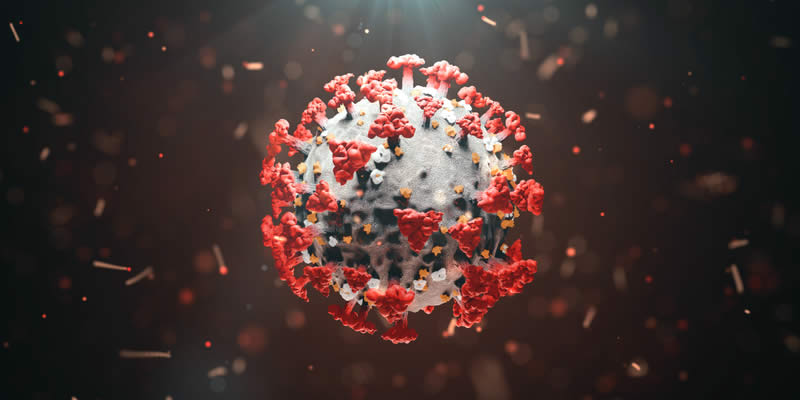A new study has indicated that being insulin-resistant doubles an individual’s risk of developing severe depression.
More than one in five people in America suffer with depression during their lifetime, with common symptoms of the disorder including feelings of constant sorrow, lethargy, disrupted sleep and decreased hunger levels.
Chief researcher Dr Professor Natalie Rasgon said: “If you’re insulin-resistant, your risk of developing major depressive disorder is double that of someone who’s not insulin-resistant, even if you’ve never experienced depression before.”
Previous analysis has established that insulin resistance is present in one in three people, with many of those not knowing they have the condition.
Insulin resistance means the body is unable to respond to the amount of the hormone insulin it is producing.
Individuals who have a sedentary lifestyle, consume a high number of calories, have high stress levels and who struggle to sleep are more at risk of developing the condition.
Prior studies have shown that mental health illnesses are often connected to insulin resistance, with 40 per cent of people with a mental disorder also suffering with the condition.
Academics from Stanford Medicine assessed data from more than 600 people who took part in the Netherlands Study of Depression and Anxiety.
At the start of the study, each participant had no previous experience of suffering with anxiety or depression.
During the trial, the scientists examined three factors that are linked to insulin resistance, including weight, fasting blood glucose rates and the number of circulating triglyceride levels compared to the number of circulating high-density lipoprotein (HDL).
They found that a higher triglyceride-to-HDL ratio boosted risks of depression by 89 per cent, while it increased by 11 per cent for every additional five centimetres of central bodily fat.
In addition, a rise in fasting plasma glucose of 18 milligrams per decilitre of blood was shown to escalate a person’s risk of developing depression by 37 per cent.
Main author Dr Kathleen Watson said: “Some subjects were already insulin-resistant at the study’s start – there was no way to know when they’d first become insulin-resistant.
“We wanted to more carefully determine how soon the connection kicks in.”
During the next stage of the study, the scientists assessed around 400 people who have never had severe depression or insulin resistance, but within two years almost 100 of the group became insulin-resistant.
The team of researchers discovered that the participants who went on to develop insulin resistance within two years were nearly three times more likely to be diagnosed as clinically depressed in comparison to those who had not progressed the condition in the first two years.
Individuals who are insulin-resistant are more at risk of going on to develop prediabetes or type 2 diabetes, previous studies have established.
Dr Professor Rasgon said: “It’s time for providers to consider the metabolic status of those suffering from mood disorders and vice versa, by assessing mood in patients with metabolic diseases such as obesity and hypertension.
“To prevent depression, physicians should be checking their patients’ insulin sensitivity.”
She added: “These tests are readily available in labs around the world, and they’re not expensive. In the end, we can mitigate the development of lifelong debilitating diseases.”
The study can now be accessed in the American Journal of Psychiatry.




